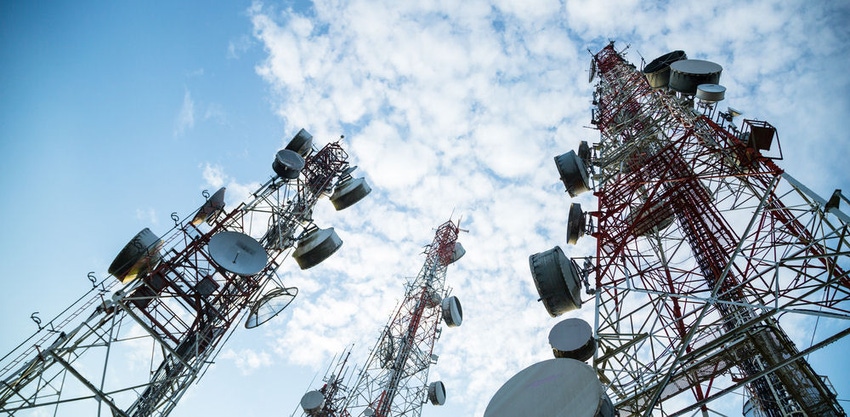Telecom Italia (TIM) has announced it has sold stakes in mobile tower group INWIT to French private equity firm Ardian and Canson Capital Partners, collecting €1.6 billion in the process.
June 25, 2020

Telecom Italia (TIM) has announced it has sold stakes in mobile tower group INWIT to French private equity firm Ardian and Canson Capital Partners, collecting €1.6 billion in the process.
The divestment of stakes in passive infrastructure companies has become a popular strategy for telecoms operators to raise much needed funds, but questions still remain about the logic. Telecoms operators are increasingly becoming tenants on passive telecoms infrastructure, though the drive towards 5G deployment and full-fibre broadband upgrades is forcing some to make difficult decisions.
As part of this deal, TIM will create a new holding company to move a 30.2% INWIT stake to, before selling 49% of the holding company to Ardian. 3% of the INWIT stake will also be sold to Canson Capital Partners. Prior to these agreements, TIM owned 33.2% of INWIT.
TIM has said it will have exclusive control over the new holding company and will also maintain joint control over INWIT with Vodafone, but we struggle to entirely believe this statement. Ardian and Canson Capital Partners are not making these investments purely for dividend payments, the executives will want exercise influence over future strategies. TIM might think it is in full control, but by accepting the bankers’ cash, it is diluting its influence.
INWIT was founded in 2015 as an independent, but wholly owned, subsidiary of TIM to manage the mobile tower portfolio. Earlier this year, Vodafone Italia merged its own tower company into INWIT, creating a portfolio of more than 20,000 mobile sites. With each telco owning 37.5% of the business, April saw the pair divest a combined 8.6% stake for €800 million each. In the long-term, TIM and Vodafone Italia have both said they would aim to reduce their ownership in INWIT to 25% each.
Whether the dilution of influence in the passive infrastructure segment is a sensible idea remains to be seen, but TIM is hardly alone in selling valuable assets for the greater good.
US-based Phoenix Tower International has been growing its European footprint with acquisitions in Ireland and France, while Spanish tower operator Cellnex has been purchasing towers in Portugal and Spain. Iliad sold its French and Italian assets to InfraVia, while Altice struck a deal with US investment bank Morgan Stanley. These are a selection of the deals, but it is proving a popular way to make money in Europe, and also LATAM. The question is whether this will be a decision executives will regret in years to come.
Is selling passive infrastructure (towers, cables, fibre etc.) a smart move for the telcos?
No, it reduces self-reliance and they will regret it in 20 years (45%, 52 Votes)
No, but the telcos need cash right now (20%, 23 Votes)
Yes, it reduces the complexity of the business (17%, 20 Votes)
Yes, the telcos should be focusing on customer interactions (14%, 16 Votes)
Yes, lease agreements are cheap enough nowadays (4%, 5 Votes)
Total Voters: 116
About the Author(s)
You May Also Like








.png?width=300&auto=webp&quality=80&disable=upscale)


_1.jpg?width=300&auto=webp&quality=80&disable=upscale)


.png?width=800&auto=webp&quality=80&disable=upscale)